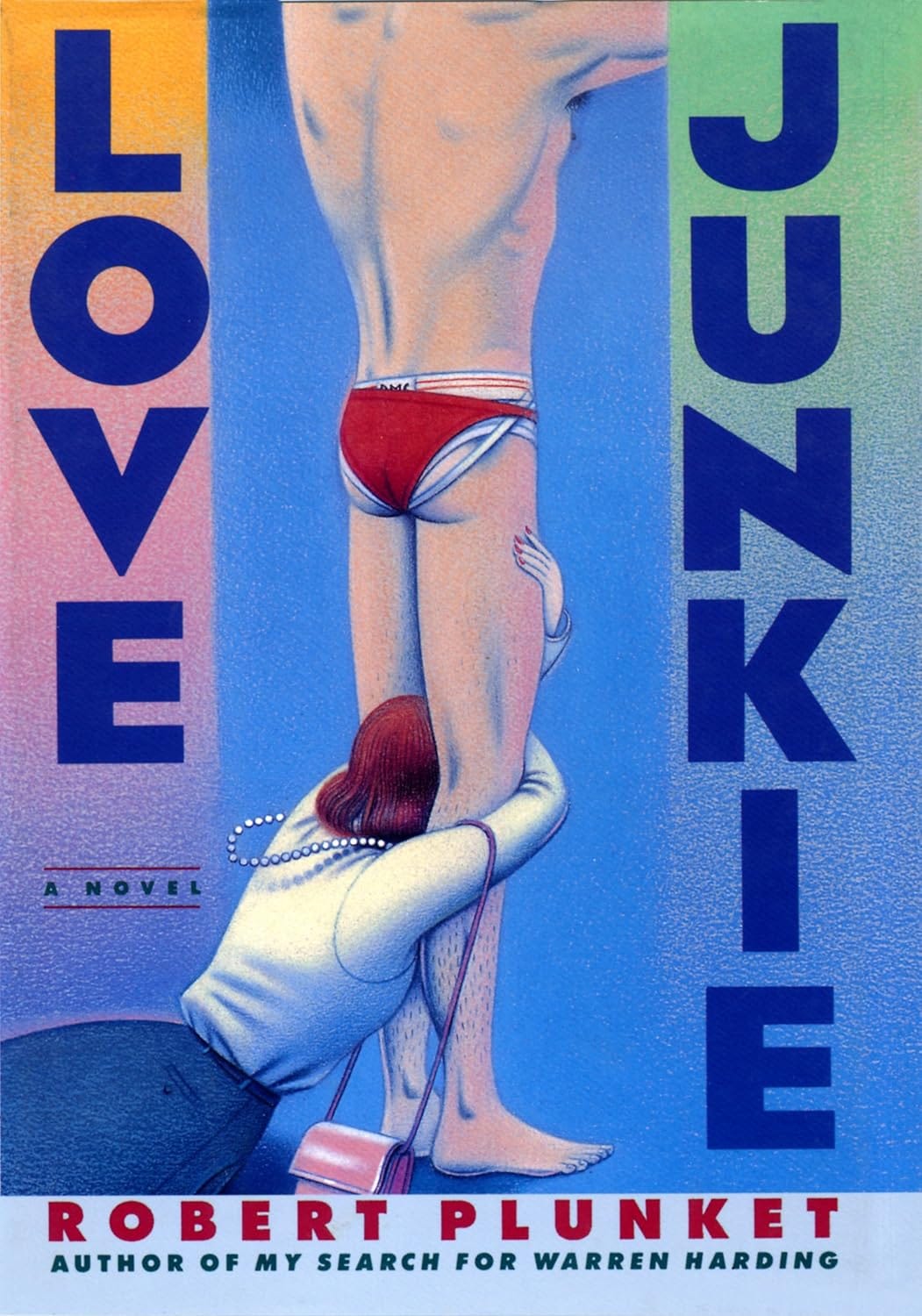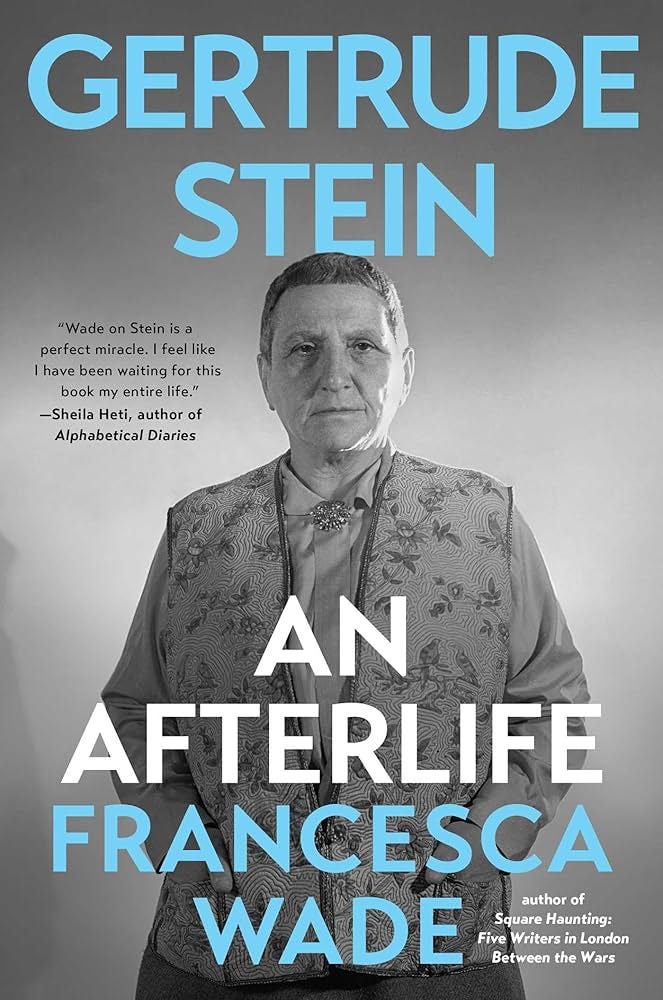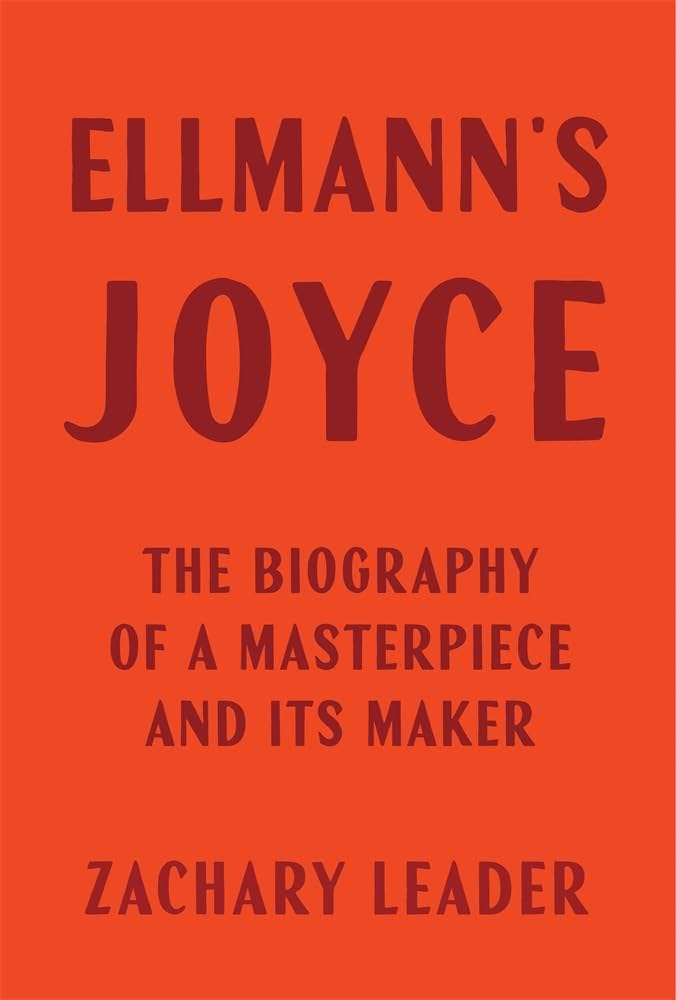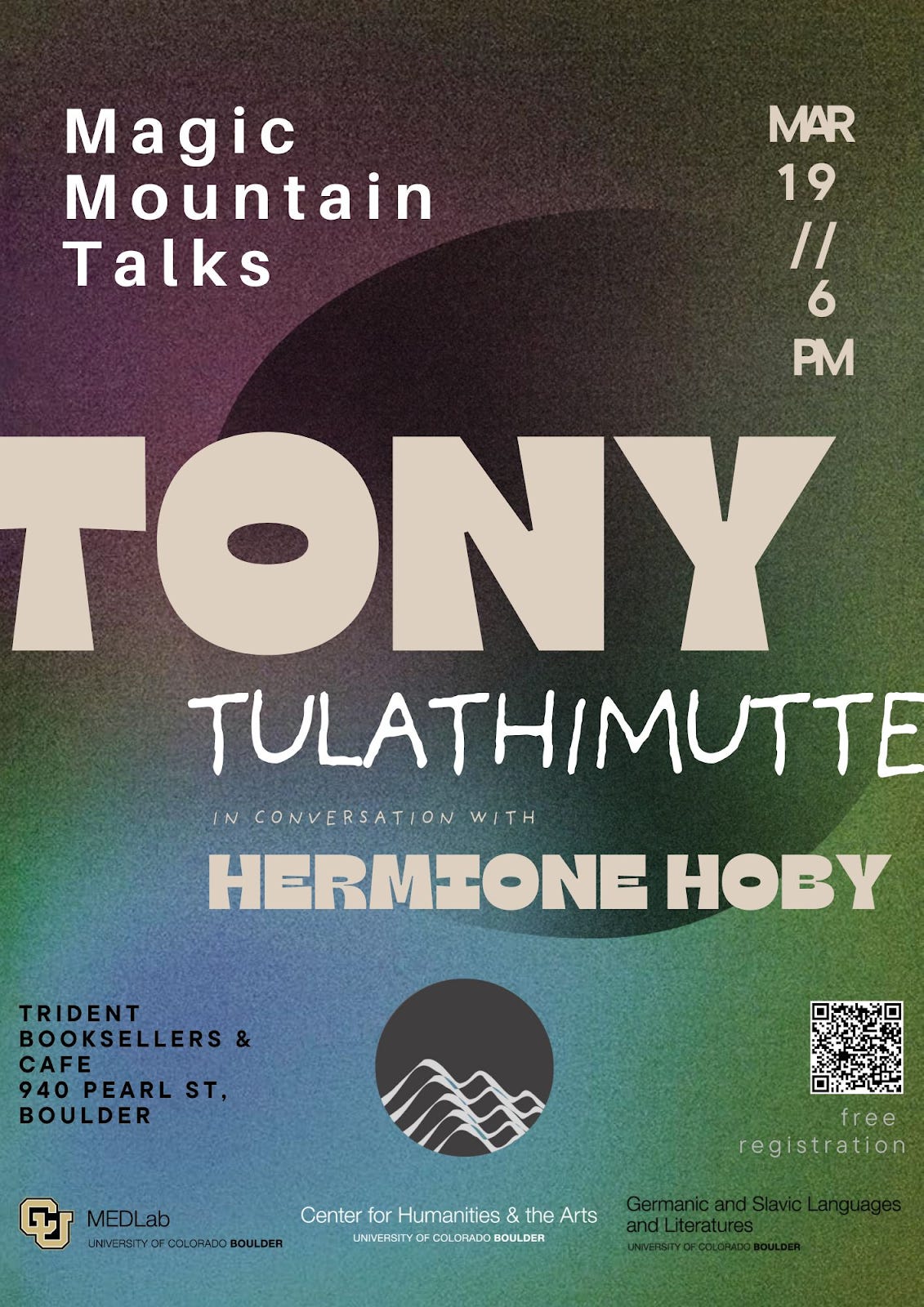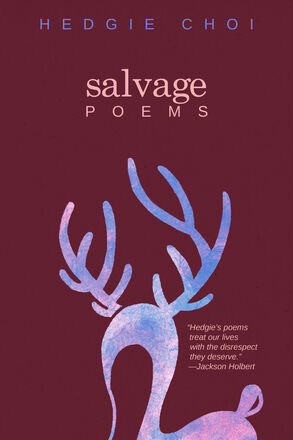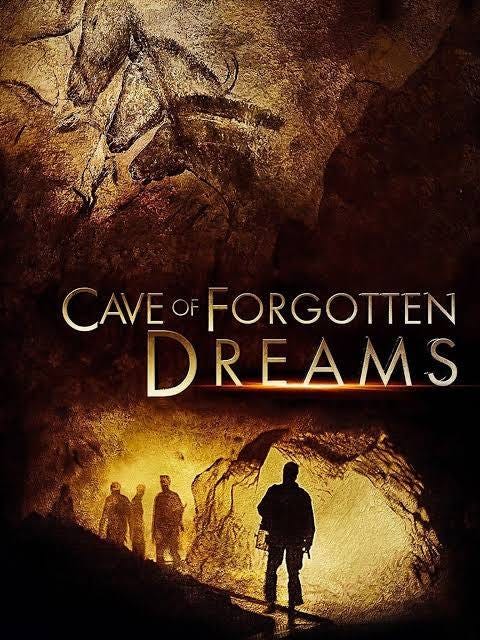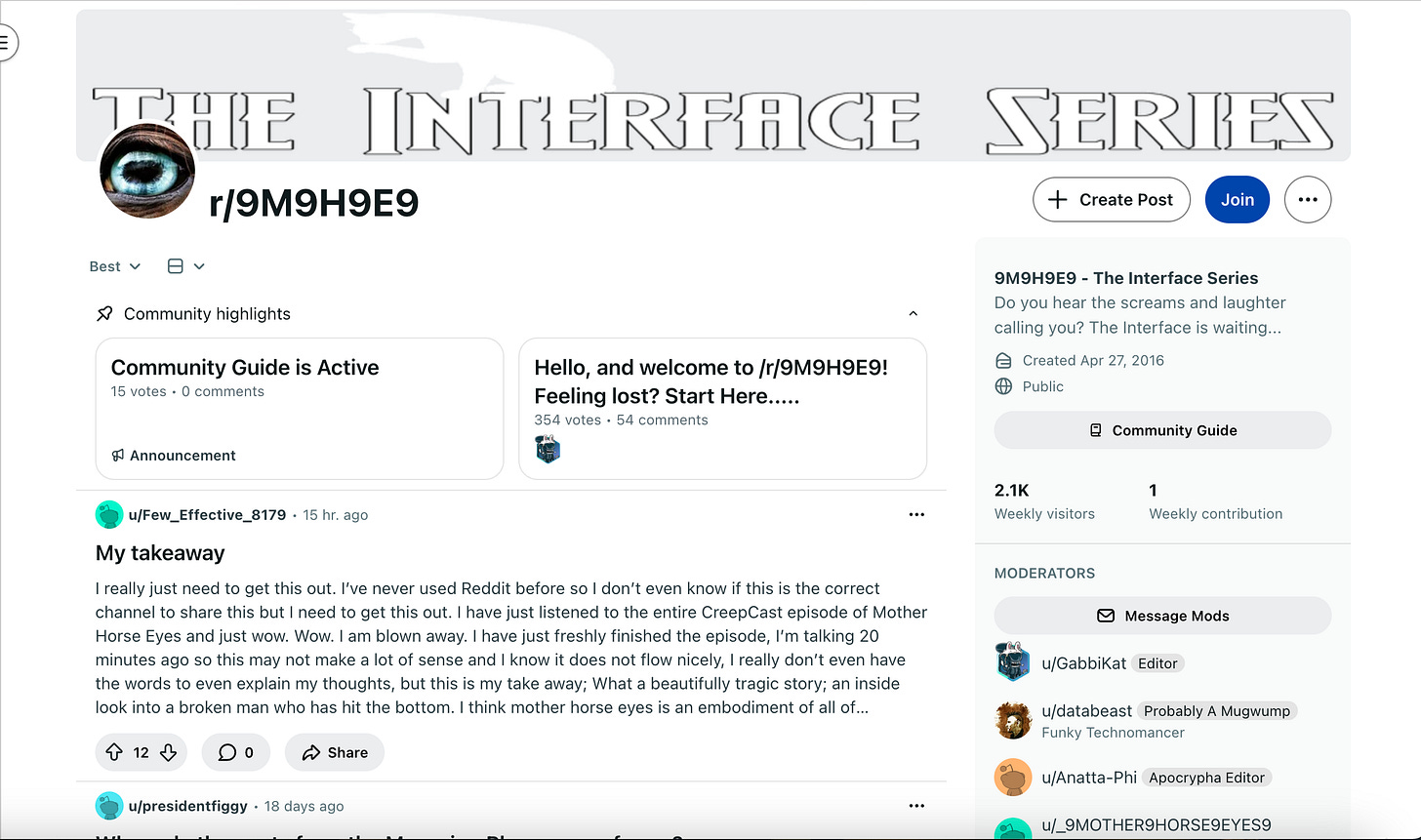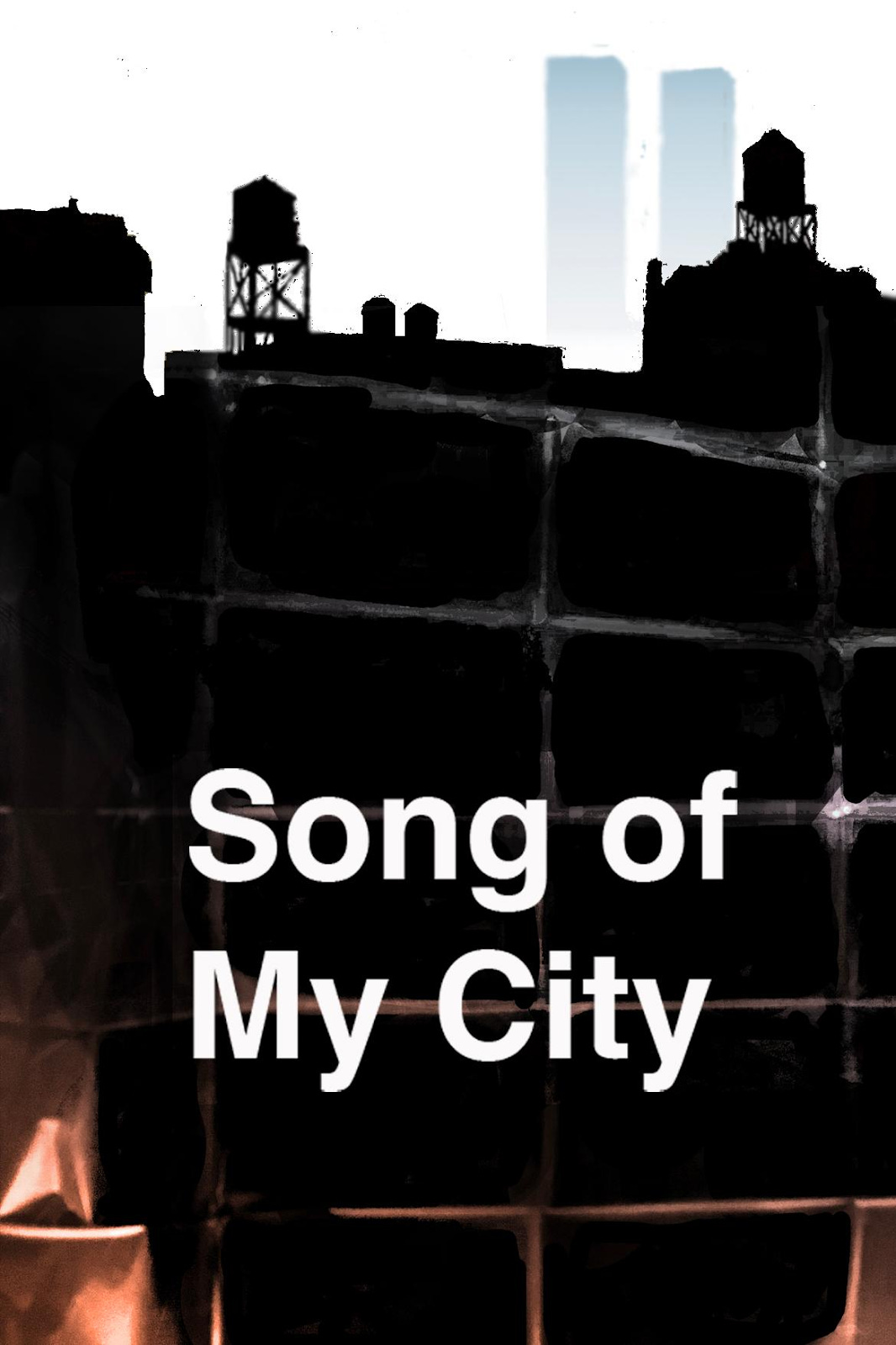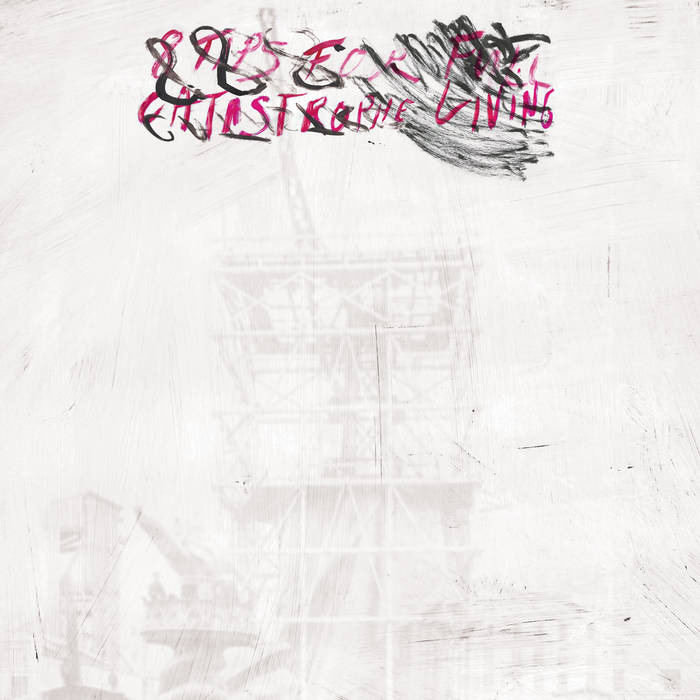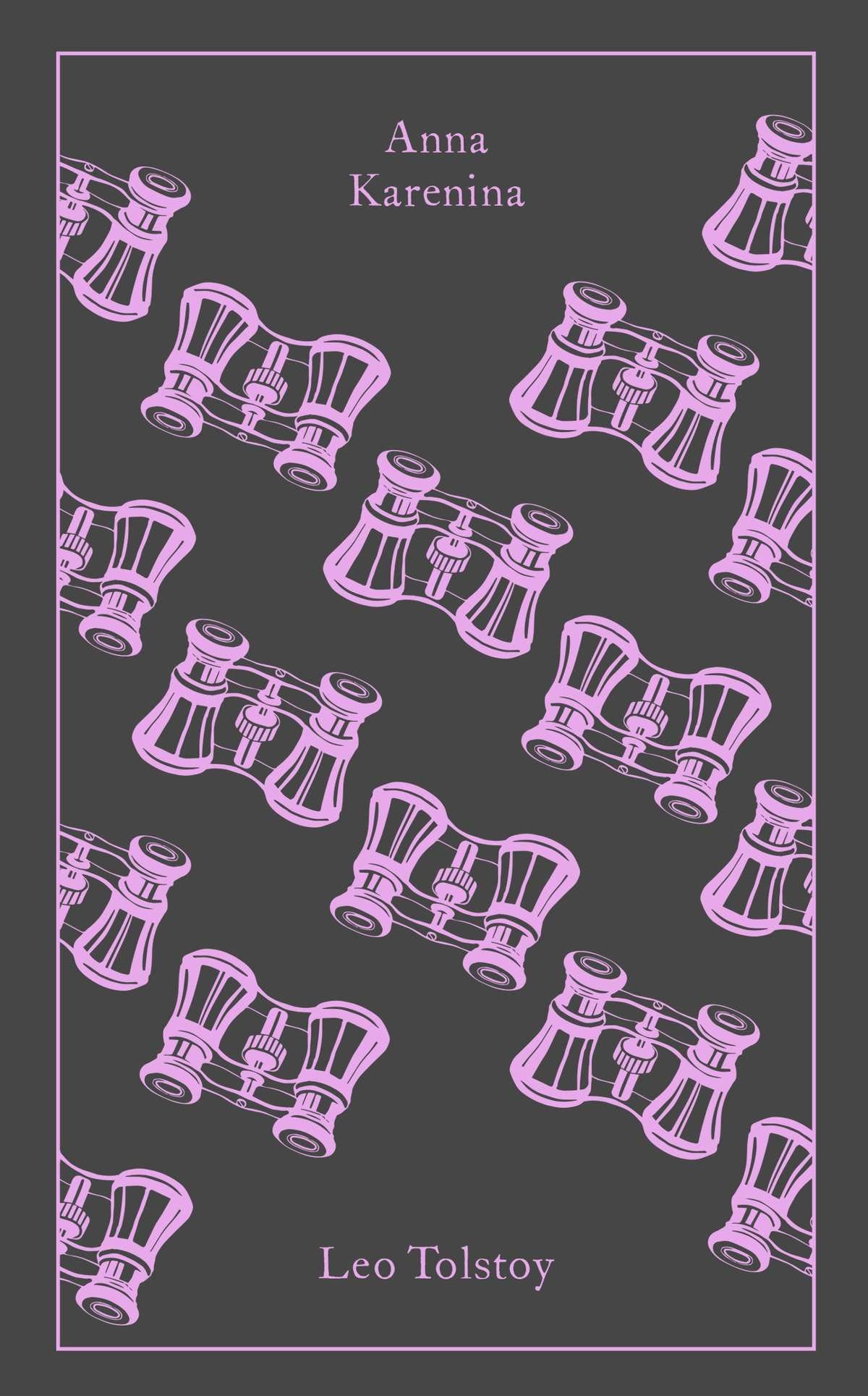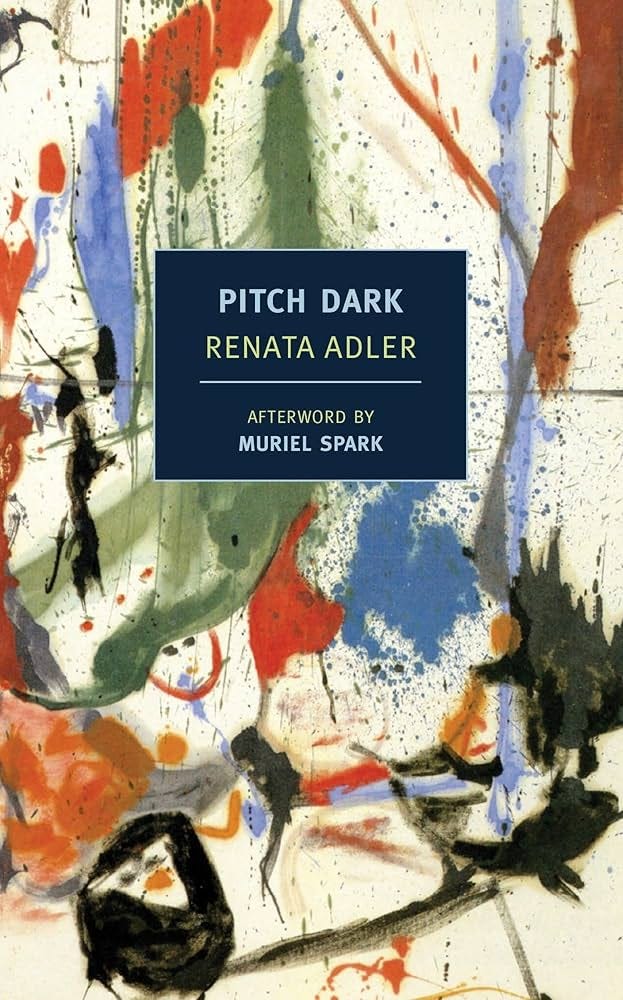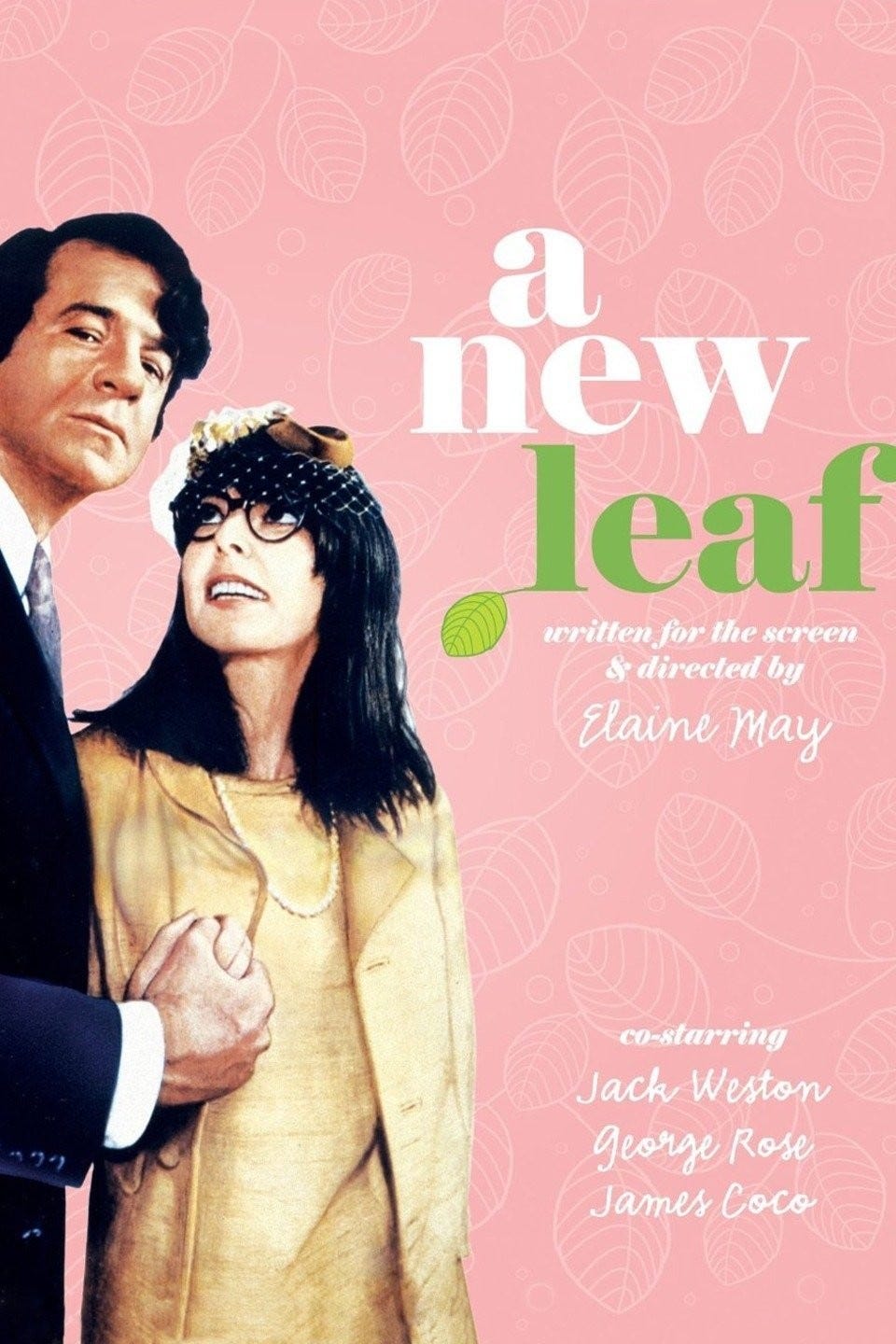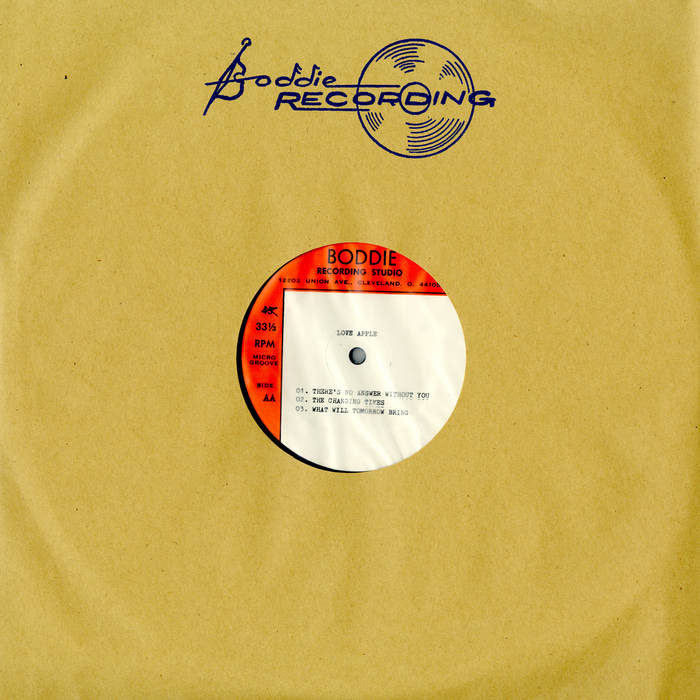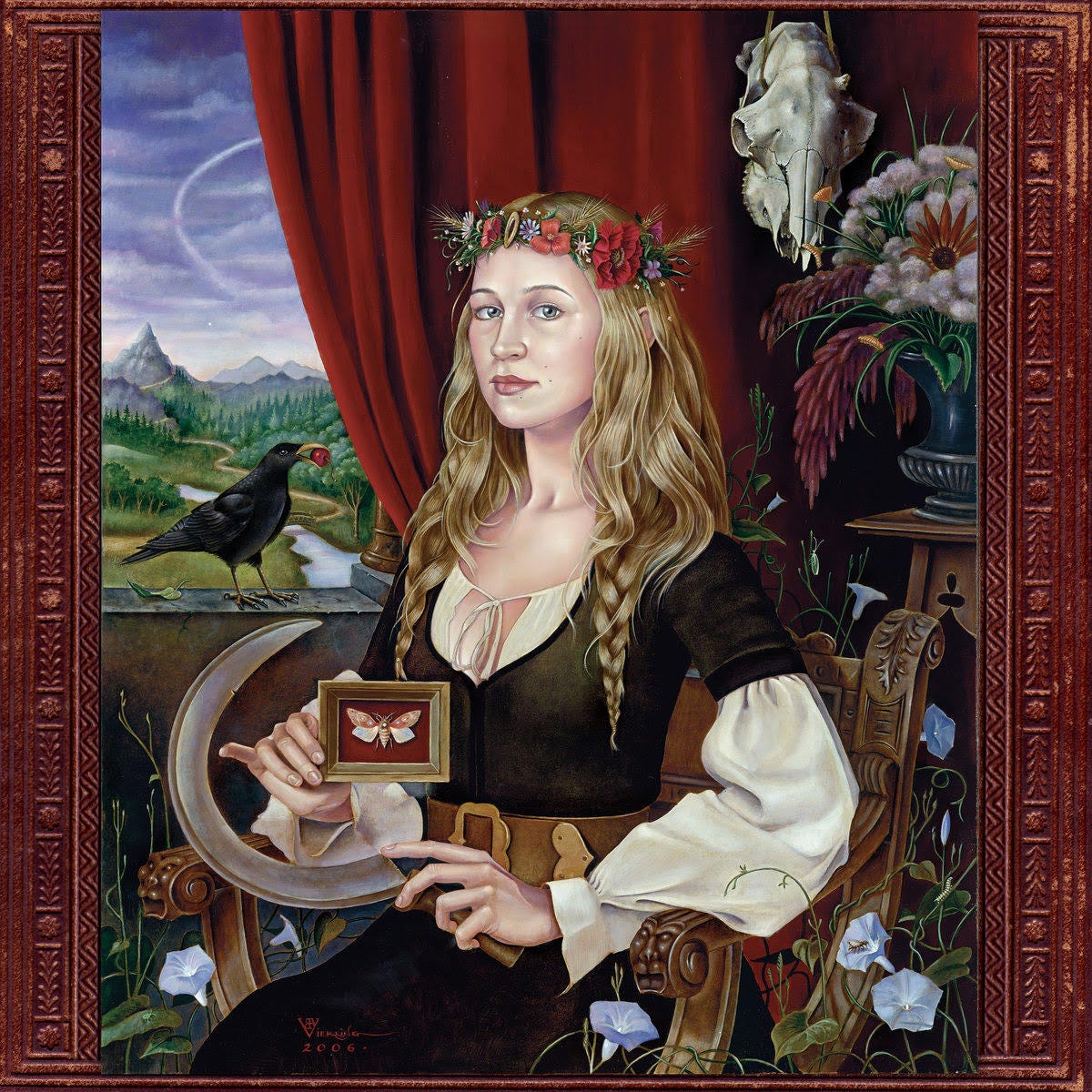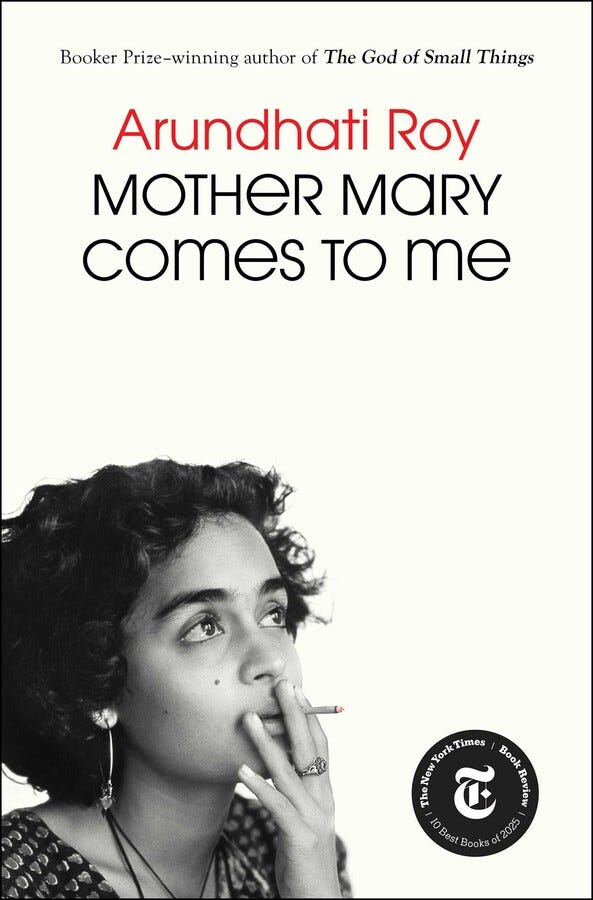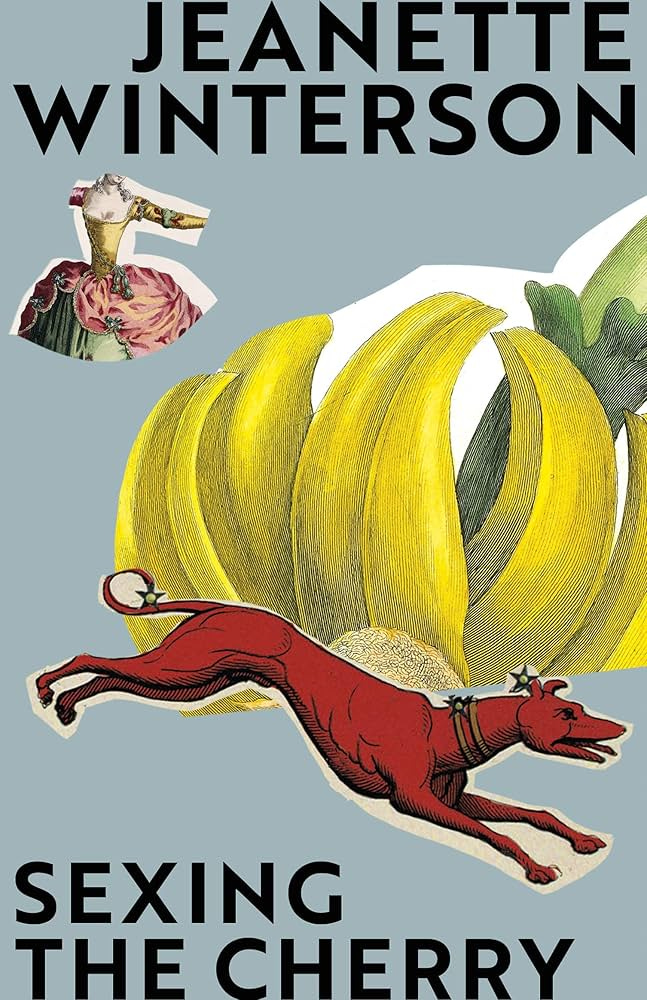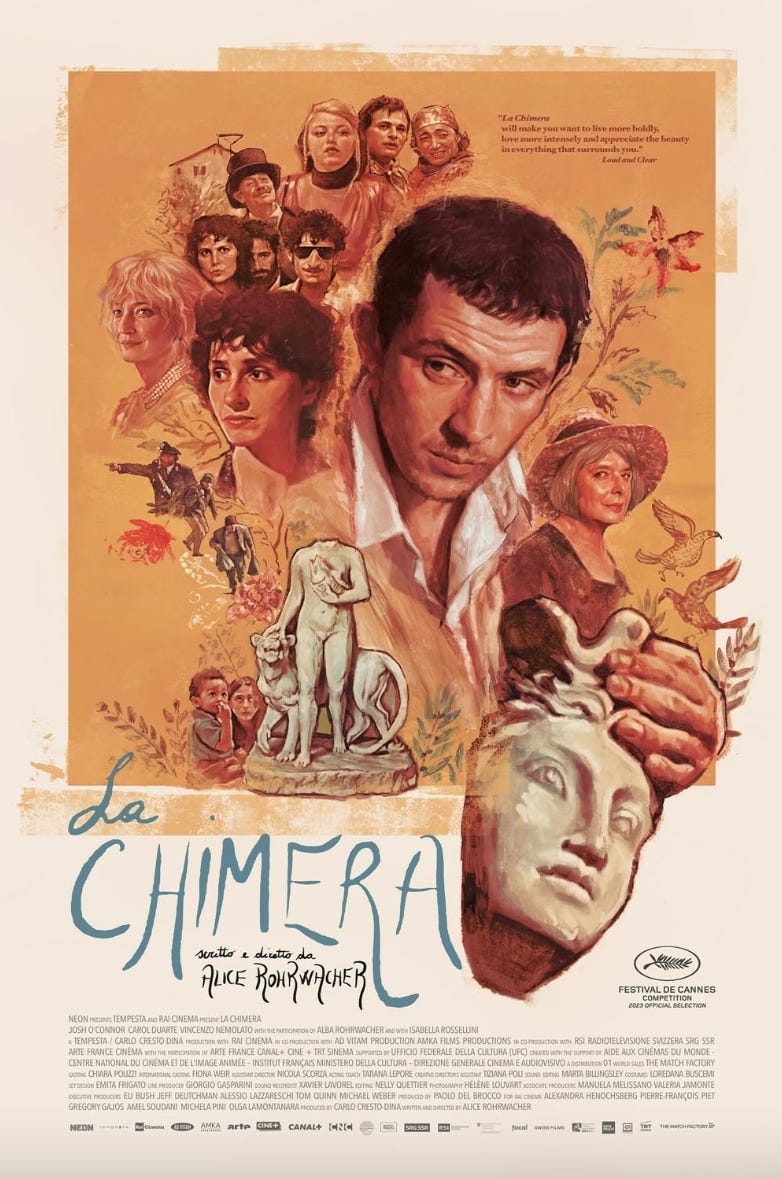MarÍa Luisa ElÍo: Gabo said: “I have to retire for a year and I’m not going to work. You see how you can arrange things,” he said to Mercedes. “We’ll see how you do, but I’m not working for a year.” And Mercedes arranged things the best she could.
Guillermo Angulo: She got credit.
MarÍa Luisa ElÍo: Borrowing the meat from the butcher.
Guillermo Angulo: She got money from one place and another. And he began to write. To write with that discipline that only he has. Like the architect Rogelio Salmona, who lives in the apartment next to mine. Like him. Salmona doesn’t have a cent (he’s done the greatest buildings in Colombia) because he says: “I don’t like it” and he does the building all over again, paying for it out of his own pocket. They’re very good friends, besides. He designed Gabo’s house in Cartagena, and the presidential guesthouse there too.
Emmanuel Carballo: He left everything. He worked He saved. He borrowed money and began to write One Hundred Years of Solitude like a desperate man. Like a madman. He didn’t do anything else. He stopped seeing friends. Doing things. Working on things that paid him some money. He borrowed money so he could sit down and write One Hundred Years.
MarÍa Luisa ElÍo: He had written notes but nothing else because that room Mercedes made so he could go in and write the whole blessed day wasn’t made yet. They lived in a little house on Calle de la Loma. In the living room Mercedes had a wall built with a wooden door that went all the way up so there’d be no noise, and a pine table like a kitchen table with an old typewriter. Gabo went in there and spent the whole day, all day, writing. The room was a very tiny thing, tinier than this, which is very small, like from here over to that point. There was room for his table, a chair, a small armchair, everything that fit was very small. Above the armchair was a painting and something like a calendar. But a very tacky calendar.
Emmanuel Carballo: He dressed like a peasant. He dressed very badly. Very ugly. Shabby, a peasant trying to be elegant who ends up being just the opposite. That’s what dressing like a peasant means.
MarÍa Luisa ElÍo: Then we would go there every night. Since Gabo wasn’t going out, we would go to see them every night. We’d arrive around eight o’clock. One day with a bottle of whiskey. The next day with a piece of ham. And there we’d stay, drinking a little and eating things Mercedes made. We’d see one another every day. We would also see the Mutises there. The kids upstairs, in their rooms, doing wild things.
Emmanuel Carballo: And now here comes something that only I can tell you about. When Gabo began to work on this novel, he asked me if I could read the pages he wrote every week. So every Saturday he’d come see me with what he had written during the week.
MarÍa Luisa ElÍo: I stayed home a good deal, reading all afternoon, not doing anything, and he would call me. Gabriel would say: “I’m going to read you a little bit, let’s see what you think.” And he would read me a passage. He would call me and say: “I’m going to tell you how the aunts are dressed. What else would you put on them? What color do you think the dress is?” And we would talk. Or he’d say to me: “Look, I’ve put this word here but I don’t know what it means. Did your aunts say it? Because mine did.” Like that. It was marvelous. We spent time talking on the phone. How the women are dressed, I don’t know which one, just a minute, when she goes to catch the train . . . I think it’s from a magazine I had in the house about things from the 1920s.
Margarita de la Vega: You know the story when he’s writing One Hundred Years of Solitude and I heard him telling it. He needed the Encyclopaedia Britannica to verify the things he wanted to use that were part of the world. Because that’s the really nice thing about One Hundred Years for me, that it’s a vernacular, universal, and encyclopedic book all at the same time. That’s why One Hundred Years of Solitude sells so much and is read so much: because you can be a Colombian janitor (not a gringo janitor who goes to Columbia and graduates, like the one who was in the paper yesterday or the day before, but a Colombian), read One Hundred Years of Solitude, and understand it on a level different from the level of the scholar who looks up all the references and all that nonsense. He lives the story, the tragedies, the family, the evolution, the historical context, because he’s somebody who has lived it and suffered it and heard it talked about in his family. It isn’t something they read in books. It’s part of their culture.
Emmanuel Carballo: From the beginning I admired García Márquez a great deal. I liked his stories and novels very much. I thought he was a great writer. I mean, he brought me the first installment of what he was writing; he brought it punctually every Saturday. Every Saturday he brought me the novel until he finished it and said to me: "What defects do you find in it? Tell me the things you don’t like, why you don’t like them." And I said: “Yes, well, yes I like it. The novel’s stupendous. Keep doing what you’re doing. I have nothing to tell you and nothing to criticize you for. On the contrary, I praise you.” And that’s how it went until he finished the novel. At the most, I deleted two or three things and added something. That’s what my work on One Hundred Years of Solitude was reduced to. It was perfect. I didn’t have anything to do except tell him: “It’s wonderful, this character is growing, this one you’re moving to the side, I don’t know why, but in the next few weeks you’ll tell me what that’s due to.” We talked about the characters. They were our friends. We talked for two or three hours, but not as teacher to pupil but as friend to friend, and I was a fan. I use that word that perhaps belongs more to soccer than to literature. It’s a novel made almost with a superhuman gust of wind. I’ve been a literary critic for sixty years, and I’ve never seen a novel written with so much skill, so much talent, so much dedication as I saw in Gabo writing One Hundred Years of Solitude. He chose me, then, because I’m very talented. If not, he wouldn’t have chosen me. I don’t believe in modesty. I had written about all the novels he had previously published. He knew I was implacable, that if I didn’t like something I would say so, I would tell him why it was bad or why it was good. And that’s why he chose me. And he found in me a person excited by a talent I hadn’t seen before in literature in Spanish, that boy’s talent was larger than him. I say “boy” because he’s a little younger than I am, but only a little. We’re almost the same age, old men by now.
Margarita de la Vega: Gabo needed the encyclopedia and so they bought the encyclopedia. At that time one bought the encyclopedia and collections of classic books. They were sold throughout Latin America, in my day Aguilar sold them. There were people who came and offered you the books for a monthly payment, so you bought the entire collection. That was in ’65 or ’66. Gabo said that he was using them, and Mercedes said to him: “You don’t need this volume anymore,” because the man was coming to pick it up for lack of payment. Then Mercedes would give him the ones he had already used. Because Mercedes was always the more practical one. That’s why in his first interviews, especially the one in Playboy, which is very good, he said that men are the dreamers, the poets, and that women are the practical ones; without them the universe would not exist. What he said infuriated me and I even asked him about it once. Of course, he didn’t answer me. He answered only what he felt like answering. But I think that Mercedes is the model for Úrsula, the wife of the first founder of Macondo, Úrsula, the wife of the founder, she invents the business of the little sugar animals; she’s the one who makes the family survive.
Emmanuel Carballo: I’m a pretty old man now, my dear girl. I don’t remember a lot of things, but I’m going to tell you what I do remember. So, we had lunch, we had supper, we talked, we got drunk for months. When he began to write One Hundred Years of Solitude, he told ERA: “I’ve given you all my books because, well, you’re my friends. This is the most interesting publisher in Mexico, but too young; the book I’m writing now, and I have a lot of hopes for it, I plan to give it to an important Spanish-language publisher.” And then it was between Spain and Buenos Aires. He forgot about Ediciones ERA, telling us it was very small for the hopes he had for the novel.
Guillermo Angulo: Then Ms. Gabo, when they finally got the money to mail the manuscript (money they didn’t have, since their car was in hock and they owed money to the butcher and to everybody), what she says is: “Now all we need is for that novel to be a piece of shit.”
Emmanuel Carballo: He was totally certain he had written a very important work.
Rafael Ulloa: Then he sent it to be published by Editorial Sudamericana, in Argentina. And he spent everything he had to mail the fucking book. Then he said to his wife: “Now all we need is for that fucking book not to be worth a damn.” And just think what the situation was like . . .
Emmanuel Carballo: There were three of us in my house who were close to him. At Comercio and Administración, No. 4, next to University City, and we’d see one another there on Saturdays at about five and work until seven. Then we’d talk, drink, gossip, do what young friends do. He spoke about his mother, his friends, his brothers and sisters, his life as a journalist in Bogotá, in Barranquilla . . . He talked about all that very enthusiastically. Our friendship was a literary one. He respected me. I respected him. I was enthusiastic about his novel and he was enthusiastic about my having spent time reading it. I would read the chapter two or three times (it took me a week) in order to talk about it to him the following week. The work ended and our friendship ended. The year we were working was a very beautiful year. We’d wait for Saturday to come in order to talk to this man.
MarÍa Luisa ElÍo: I recall that Aureliano Buendía’s first death hurts him so much that he revives him. He gives the story another direction so that he doesn’t die.
Rodrigo Moya: He lived in the Colonia Florida. He was married and had the two boys. Sometimes I’d go to his house with Angulo. I remember one or two visits we made to Gabo’s house because Angulo visited him a great deal and Gabo was writing One Hundred Years of Solitude. We’d arrive early, at about seven, and everything was dark, and Mercedes tells us: “Gabo’s working but he’ll be down soon.” We waited an hour and Gabo didn’t come down, so then we started to smoke marijuana and in a while Gabo comes down and joins us. And we were talking and I never can remember what we said. Imagine, it’s fifty years ago. But we were very happy next to the fireplace, where there was a fire burning, and he talked to us about One Hundred Years of Solitude, and what I do remember is that he was swollen. Then Mercedes told us that when he was writing a very intense part or moment, he would swell up. His face swelled up. The process of a work like that is a little superhuman, and so those things happen.


